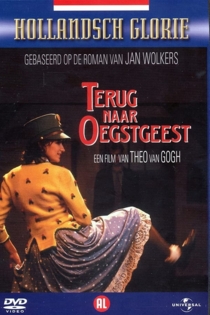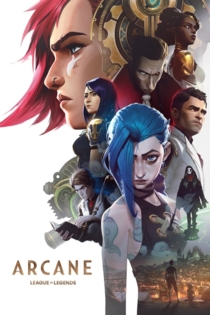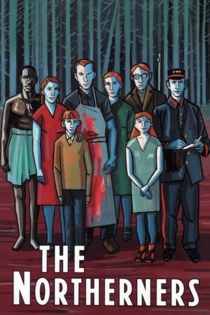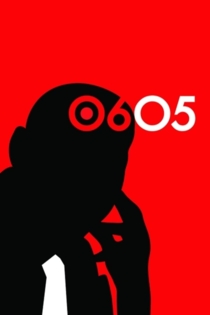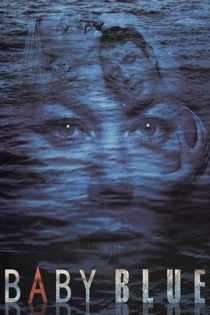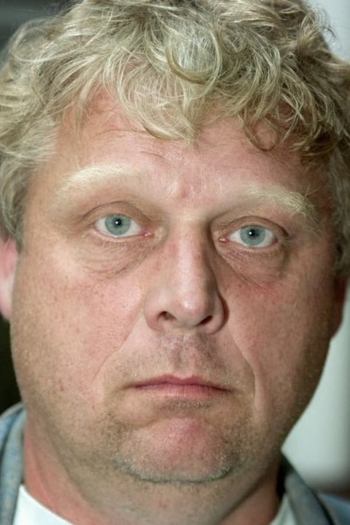
Theo van Gogh
1957 - 2004White Madness
Adriaan Ditvoorst
Thom Hoffman, Pim Lambeau
A heroin-addicted artist (Thom Hoffman) hugs his self-imposed isolation. While he was in an empty factory to painting, he heroin syringe. He dreams that he is like an eagle above the people flies out. When his mother becomes disabled after a failed suicide attempt, she asks him. He is looking for her for the first time in twelve years again. Together they take a radical decision.
White Madness
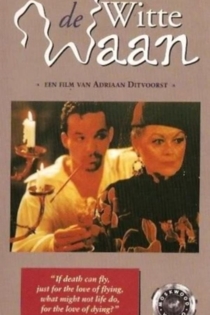
Terrorama!
Edwin Brienen
Kiki Classen, Esther Eva Verkaaik
The film tells the story of six mental cases, trying to get rid of society's norms and values by kidnapping Gerard van Dongen, a well-known TV host. During an improvised TV show, the terrorists confront this Van Dongen with their darkest thoughts and emotions, resulting in violent excesses and extreme sexual behavior.
Terrorama!
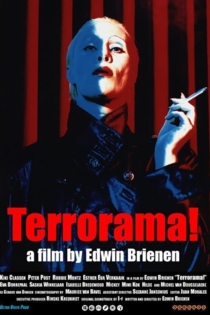
Interview
Theo van Gogh
Katja Schuurman, Pierre Bokma
A middle-aged journalist interviews the real-life Dutch star Katja Schuurman, in her own loft. Pierre, the journalist is annoyed at being given such a fluffy assignment, as he is normally a political correspondent. Initially he has no questions for Katja, but soon they are coaxing their darkest secrets out of each other.
Interview
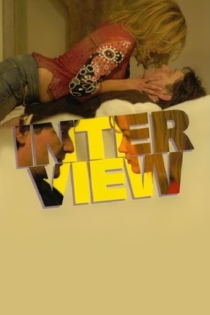
De nacht van Aalbers
Theo van Gogh
Kim van Kooten, Huub Stapel
A political thriller about PvdA-frontman Frits Aalbers who gets involved with a mysterious murder in a hotel. To make sure his political career will not be damaged - an important coalition is at stake - the master politician tries to hide the truth no matter the cost. The ambitious young journalist Barbara van Dalen is trying to get a scoop on the impeding coalition, but accidentally stumbles upon the trail of the murder.
De nacht van Aalbers
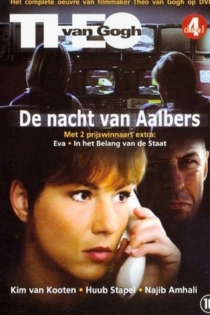
Submission: Part I
Theo van Gogh
The film tells the story of four fictional characters played by a single actress wearing a veil, but clad in a see-through chador, her naked body painted with verses from the Koran. The characters are Muslim women who have been abused in various ways. The film contains monologues of these women and dramatically highlights three verses of the Koran that give authority to men over women, by showing them painted on women’s bodies.
Submission: Part I
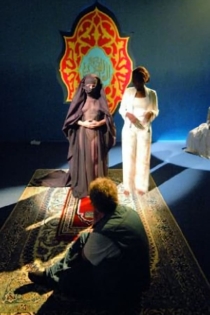
Blind Date
Theo van Gogh
Renée Fokker, Peer Mascini
A bartender watches with amusement as two strangers meet and duel verbally in his bar. Katya, a former dancer, is trying to forget the death of her young daughter. Pom, a comedian known for his verbal thrust and parry, tries to charm, shock and disgust his date in turn.
Blind Date
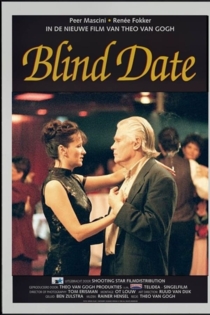
Een dagje naar het strand
Theo van Gogh
Cas Enklaar, Tara Fallaux
After Bernd (Cas Enklaar) picks up his daughter Walyne (Tara Fallaux) who lives with her mother, he takes her off for a supposed day of fun together. His idea of fun is to get his hands on as much free alcohol as he can, and as a result of his carelessness he and his daughter are constantly separated. Each time they reunite, he finds a new group of people for a few more drinks, and another round starts -- as a consequence, there is no build-up to the climax at the end.
A Day at the Beach

06
Theo van Gogh
Ad van Kempen, Ariane Schluter
Sarah, 30, single, well educated, likes art, places a voice ad for phone sex, inviting replies from men under 35, sturdy and sensual. Wilbert, a chubby middle aged architect, leaves a message that he is Thomas, 32 and well formed. A week later, she phones. She likes his voice, he likes her laugh, so once a week she phones him (he's not to know her last name, where she lives, or her number). Portraits emerge of humor and sadness. He presses for details of her life and tells her about his work; she wants these Thursday calls to be fantasy and release, separate from the rest of who she is. The film dramatizes these tensions of lies and truth, connection and distance. Written by
06
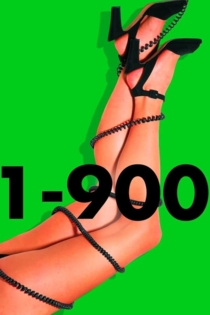
Terug naar Oegstgeest
Theo van Gogh
Hidde Kuiper, Casper de Boer
Literary adaptation: an artist returns to the stifling atmosphere of the small Dutch village where he grew up, a place marked by morbidity, suppression of emotion, Calvinist hypocrisy and a suffocating patriarchy.
Return to Oegstgeest
